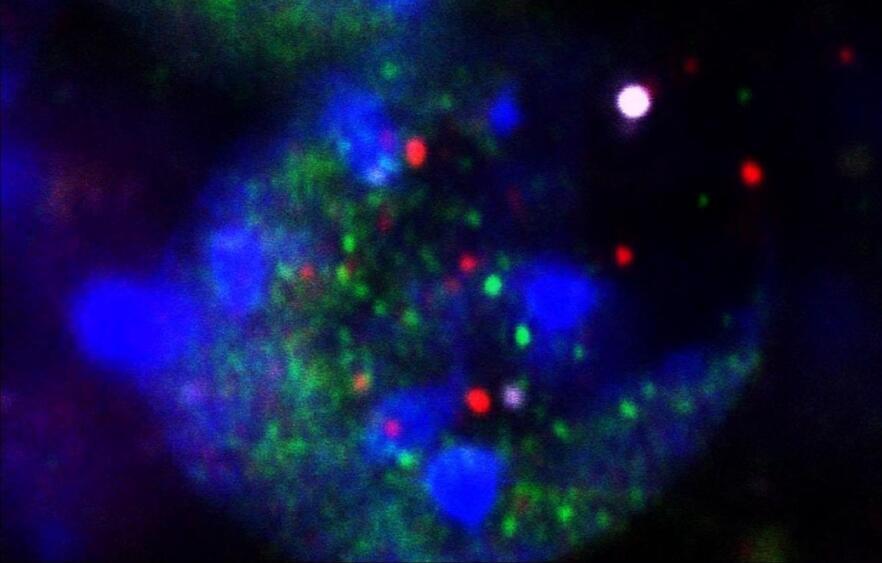March 27, 2024—(BRONX, NY)— Just as you can’t make an omelet without breaking eggs, scientists at Albert Einstein College of Medicine have found that you can’t make long-term memories without DNA damage and brain inflammation. Their surprising findings were published online today in the journal Nature.
“Inflammation of brain neurons is usually considered to be a bad thing, since it can lead to neurological problems such as Alzheimer’s and Parkinson’s disease,” said study leader Jelena Radulovic, M.D., Ph.D., professor in the Dominick P. Purpura Department of Neuroscience, professor of psychiatry and behavioral sciences, and the Sylvia and Robert S. Olnick Chair in Neuroscience at Einstein. “But our findings suggest that inflammation in certain neurons in the brain’s hippocampal region is essential for making long-lasting memories.”
The hippocampus has long been known as the brain’s memory center. Dr. Radulovic and her colleagues found that a stimulus sets off a cycle of DNA damage and repair within certain hippocampal neurons that leads to stable memory assemblies—clusters of brain cells that represent our past experiences. Elizabeth Wood, a Ph.D. student, and Ana Cicvaric, a postdoc in the Radulovic lab, were the study’s first authors at Einstein.
